“What struck me most was the absurdity, that everyone agrees these weapons should never be used, but we need nuclear weapons so they won’t be used?” — Beatrice Fihn
What can we learn about innovation from those who seek to abolish nuclear weapons?
The Tribeca Disruptive Innovation Awards (TDIA) has named Nobel Peace Prize Laureate Beatrice Fihn a 2018 honoree and the recipient of the first-ever Hersey Prize presented by the family of John Hersey, author of “Hiroshima”. The awards honor disruptors and game-changers creating radical solutions to the world’s most complex problems.
Nuclear weapons have been used twice in warfare: in the bombings of Hiroshima and Nagasaki in 1945. As the threat of nuclear warfare drew closer last year, it was announced that Fihn and her advocacy group, The International Campaign to Abolish Nuclear Weapons (ICAN), had won the 2017 Nobel Peace Prize for their inspiring work behind the first treaty to prohibit nuclear arms. The campaign won the prize for their work to draw attention to the catastrophic humanitarian consequences of any use of nuclear weapons and for its ground-breaking efforts to achieve a treaty-based prohibition of such weapons. Beatrice and ICAN brought public mobilization and hardcore diplomacy to win the Treaty on the Prohibition of Nuclear Weapons by focusing on the humanitarian impact of any nuclear weapons use.
It is our honor to welcome Beatrice Fihn to The Global Search for Education.
“The other thing that sets our approach apart from past efforts is that rejecting nuclear weapons was at the heart of it. It’s not enough to limit the weapons and try to stop proliferation; we have to reject them outright, as was done with chemical and biological weapons.” — Beatrice Fihn
Why did this important global cause inspire you personally?
What struck me most was the absurdity, that everyone agrees these weapons should never be used, but we need nuclear weapons so they won’t be used?
What do you see as your organization’s greatest accomplishments so far? Why do you think your approach/model was so innovative?
Without a doubt, our greatest accomplishment has been promoting and achieving the Treaty on the Prohibition of Nuclear Weapons. ICAN did not do this alone. We rallied civil society, international agencies like the ICRC and UN, faith groups, academics and crucially, politicians and government officials. This was not ICAN’s victory alone.
The other thing that sets our approach apart from past efforts is that rejecting nuclear weapons was at the heart of it. It’s not enough to limit the weapons and try to stop proliferation; we have to reject them outright, as was done with chemical and biological weapons.
“Our success is not about one leader, but one shared purpose: the end of nuclear weapons. Our leadership shares a commitment to embodying the values we are calling for in the world.” — Beatrice Fihn
What have you learned about ethical leadership in this journey?
ICAN is a coalition of nearly 500 organizations and our success is not about one leader, but one shared purpose: the end of nuclear weapons. Our leadership shares a commitment to embodying the values we are calling for in the world.
There are those who believe that AI will ultimately be more dangerous than nuclear weapons. Can you comment on this and also share your wisdom and experience for those trying to raise awareness for any technology that can cause unacceptable harm to human life?
We must balance two things: First, that nuclear weapons are a unique existential threat; second, that nuclear weapons create injustice and in that way nuclear weapons activism is not in conflict with other issues. If you care about a just world, you care about ending the nuclear threat.
AI ethicists base their calculations on all the future generations that could be lost if humanity was wiped out by malevolent AI; the same can be said of nuclear weapons. Unlike this AI, we already have nuclear weapons. But these issues certainly crossover as computer code and eventually AI and autonomous technology will have more control over our weapons unless people stand up now and reject that reality.
However, I caution those working on such issues to not fully rely on arguments about total destruction. That is difficult for people to process and immobilizing. Whether in technology or nuclear weapons, it’s vital that we talk about past and current expressions of injustice and suffering, not just potential. Some of the most persuasive voices against nuclear weapons have been the hibakusha who survived the bombings of Hiroshima and Nagasaki, and victims of nuclear testing, which was rooted in racism and colonialism.
“Whether in technology or nuclear weapons, it’s vital that we talk about past and current expressions of injustice and suffering, not just potential.” –– Beatrice Fihn
What are the next steps for ICAN – where does this important work go from here?
The ICAN coalition is working in over 100 countries with the goal of bringing the Treaty on the Prohibition of Nuclear Weapons into force. That will happen once 50 nations have signed and ratified the Treaty. Nine nuclear states have held the world hostage for too long and other nations are standing up and exercising their right to live in a world free of these weapons of mass murder.
(All photos are courtesy of ICAN)
C. M. Rubin and Beatrice Fihn
Join me and globally renowned thought leaders including Sir Michael Barber (UK), Dr. Michael Block (U.S.), Dr. Leon Botstein (U.S.), Professor Clay Christensen (U.S.), Dr. Linda Darling-Hammond (U.S.), Dr. MadhavChavan (India), Charles Fadel (U.S.), Professor Michael Fullan (Canada), Professor Howard Gardner (U.S.), Professor Andy Hargreaves (U.S.), Professor Yvonne Hellman (The Netherlands), Professor Kristin Helstad (Norway), Jean Hendrickson (U.S.), Professor Rose Hipkins (New Zealand), Professor Cornelia Hoogland (Canada), Honourable Jeff Johnson (Canada), Mme. Chantal Kaufmann (Belgium), Dr. EijaKauppinen (Finland), State Secretary TapioKosunen (Finland), Professor Dominique Lafontaine (Belgium), Professor Hugh Lauder (UK), Lord Ken Macdonald (UK), Professor Geoff Masters (Australia), Professor Barry McGaw (Australia), Shiv Nadar (India), Professor R. Natarajan (India), Dr. Pak Tee Ng (Singapore), Dr. Denise Pope (US), Sridhar Rajagopalan (India), Dr. Diane Ravitch (U.S.), Richard Wilson Riley (U.S.), Sir Ken Robinson (UK), Professor Pasi Sahlberg (Finland), Professor Manabu Sato (Japan), Andreas Schleicher (PISA, OECD), Dr. Anthony Seldon (UK), Dr. David Shaffer (U.S.), Dr. Kirsten Sivesind (Norway), Chancellor Stephen Spahn (U.S.), Yves Theze (LyceeFrancais U.S.), Professor Charles Ungerleider (Canada), Professor Tony Wagner (U.S.), Sir David Watson (UK), Professor Dylan Wiliam (UK), Dr. Mark Wormald (UK), Professor Theo Wubbels (The Netherlands), Professor Michael Young (UK), and Professor Minxuan Zhang (China) as they explore the big picture education questions that all nations face today.
The Global Search for Education Community Page
C. M. Rubin is the author of two widely read online series for which she received a 2011 Upton Sinclair award, “The Global Search for Education” and “How Will We Read?” She is also the author of three bestselling books, includingThe Real Alice in Wonderland, is the publisher of CMRubinWorld and is a Disruptor Foundation Fellow.
Follow C. M. Rubin on Twitter: www.twitter.com/@cmrubinworld

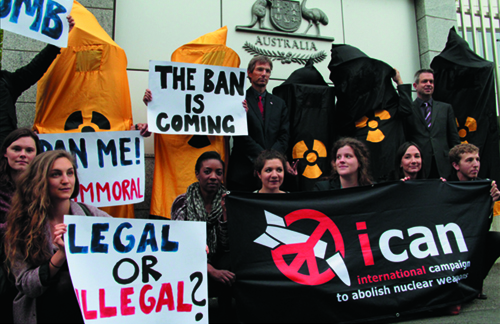
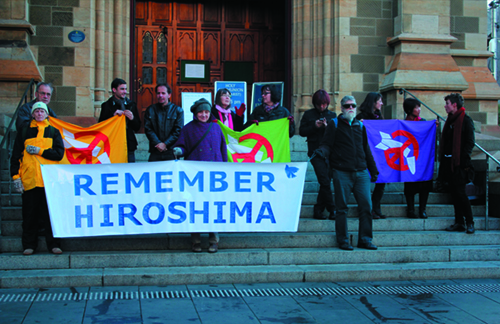
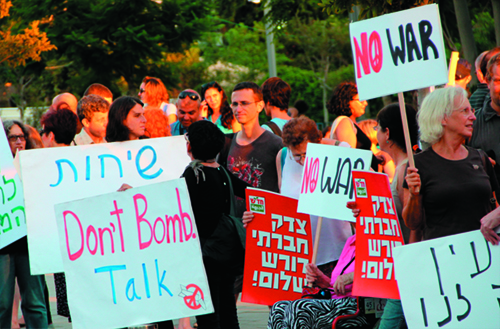
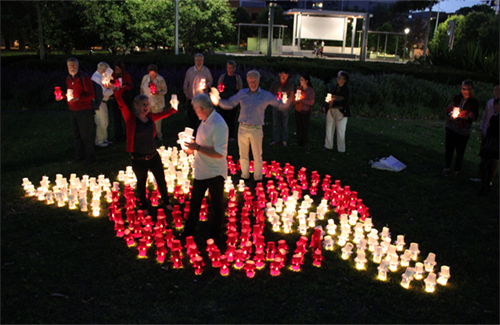
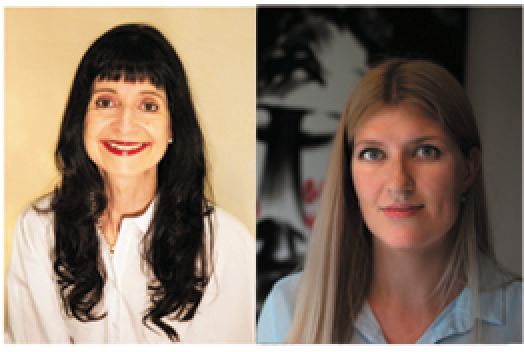
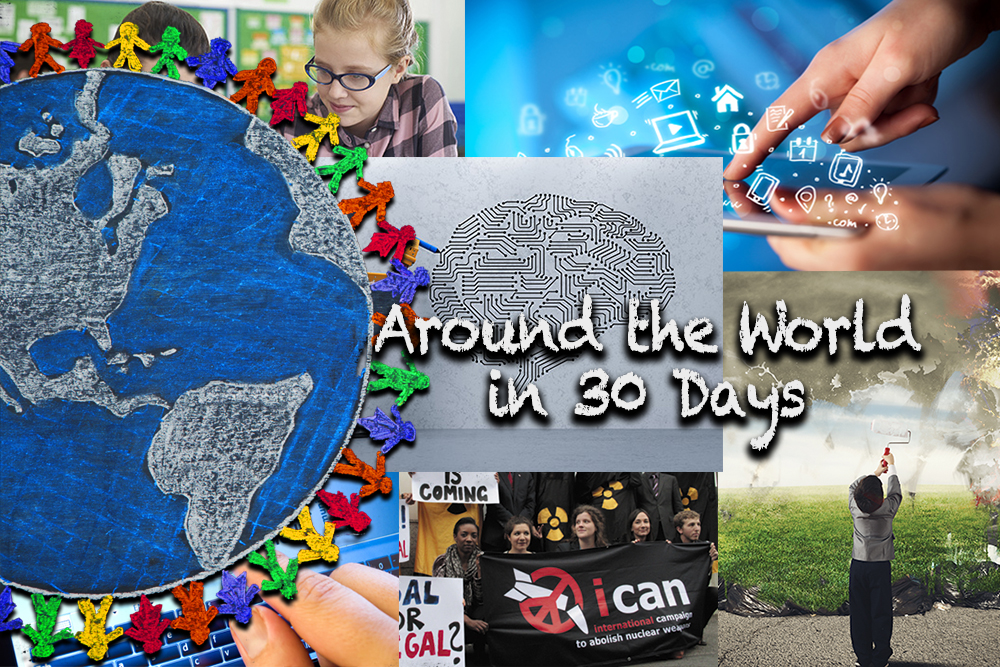

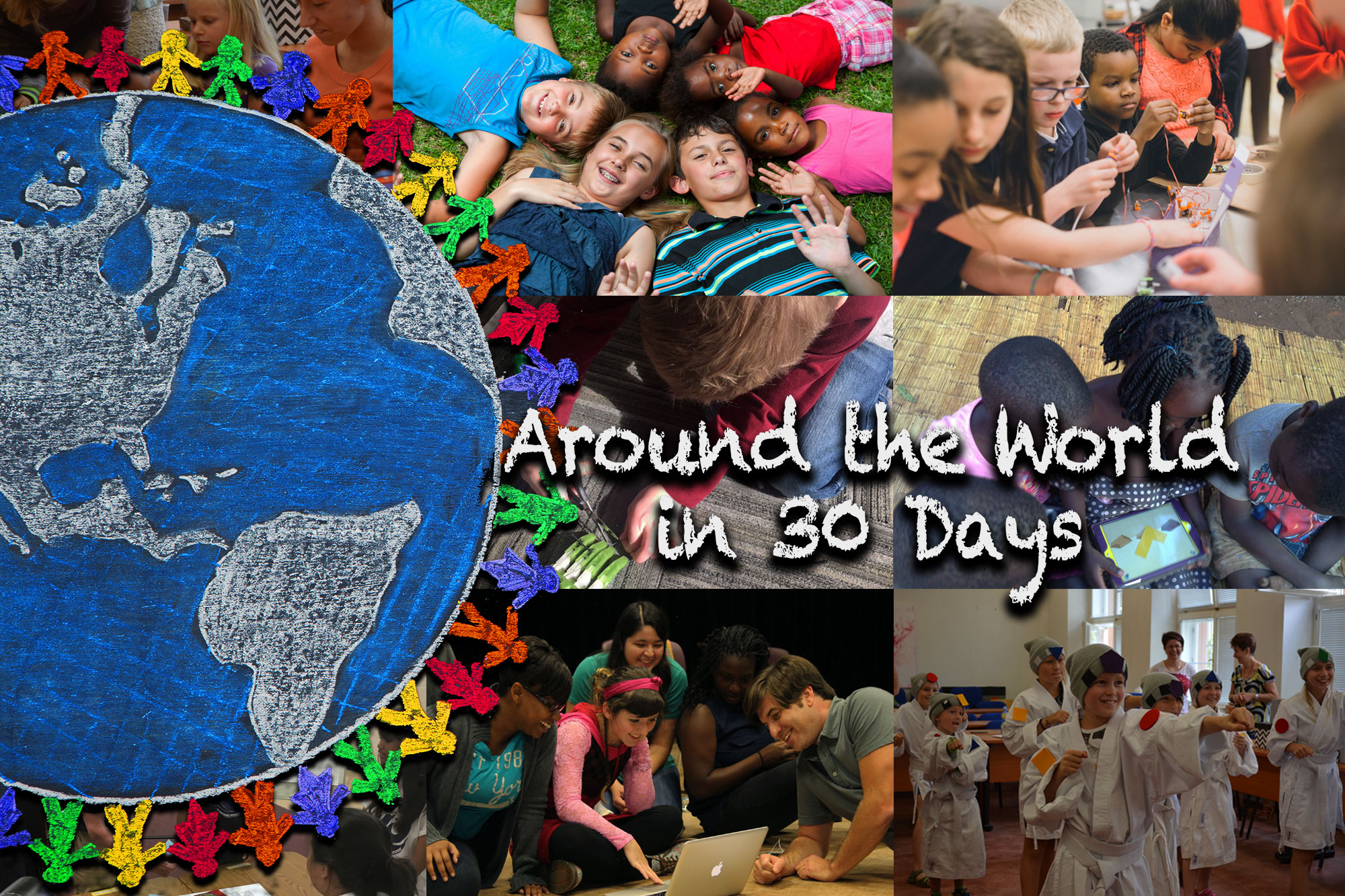
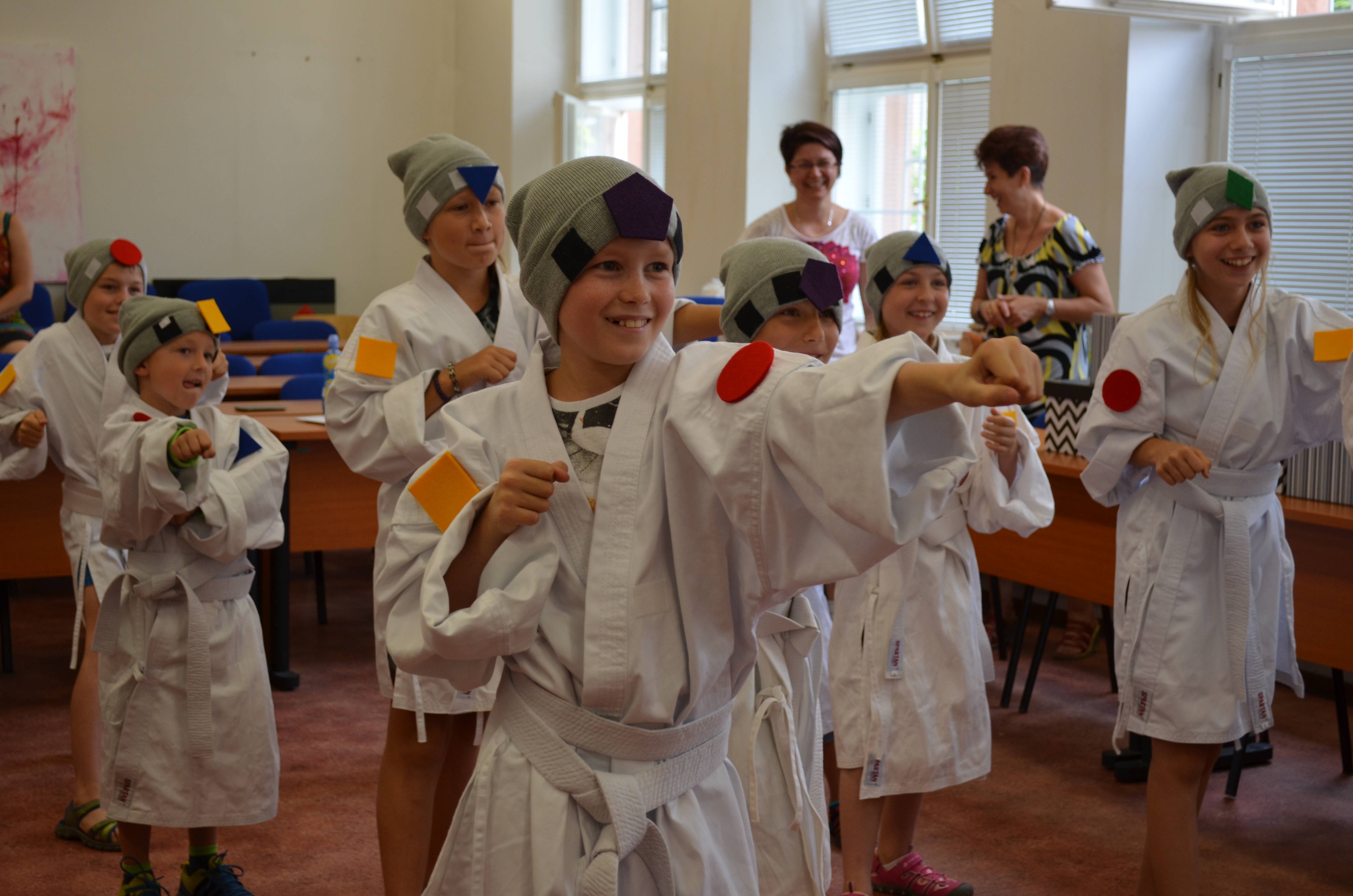
Recent Comments